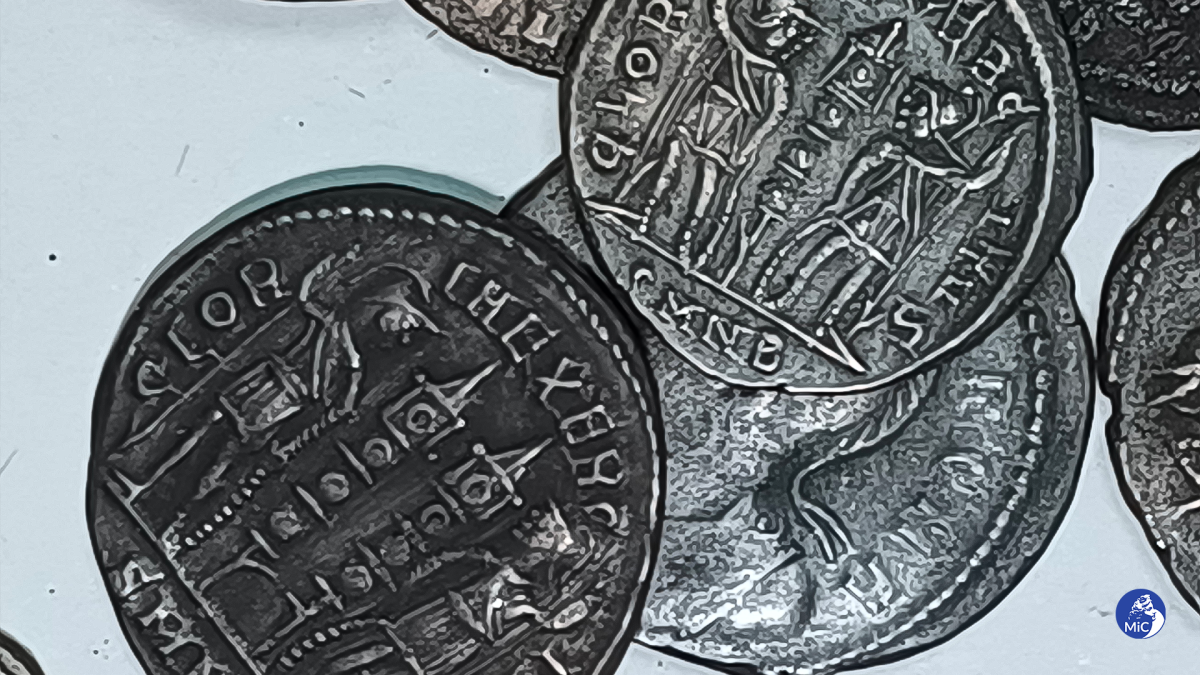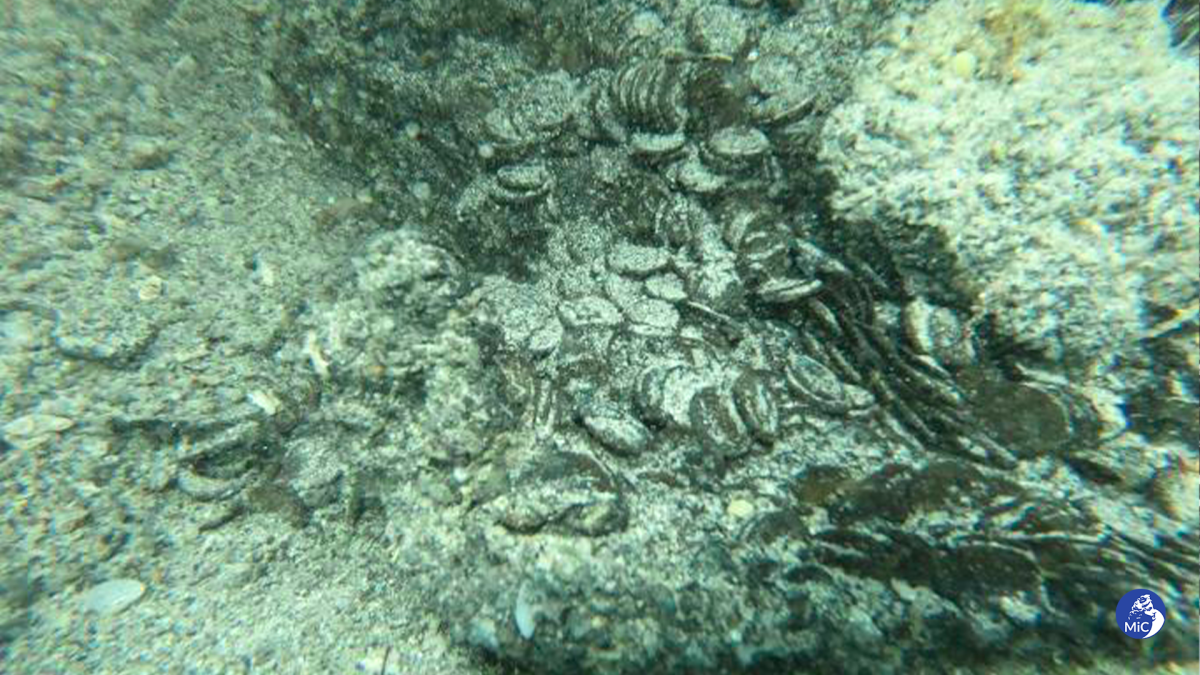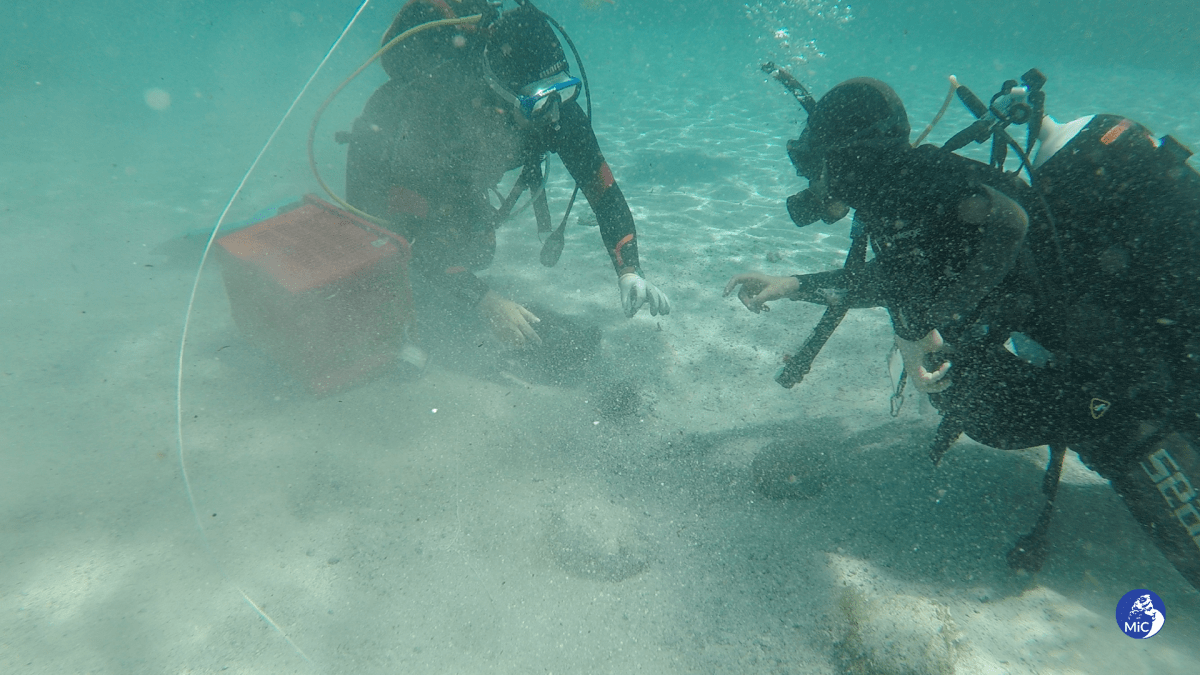A diver off the coast of Italy recently made an astonishing, once-in-a-lifetime discovery: at least 30,000 ancient bronze coins hidden in the seabed.

According to a statement from the Italian Ministry of Culture on Saturday, the fourth-century Roman coins were found off the northeastern coast of Sardinia, near the town of Arzachena.
Though the artifacts are still being counted, officials estimate the haul to include between 30,000 and 50,000 genuine coins, based on its collective weight. Impressively, only four of the specimens were damaged, but their inscriptions are still legible.
The authority said the authenticated coins are likely from 324 to 340 AD and would have been created within the Roman Empire. Many of the coins feature references to the Roman emperor Constantine the Great.
The coins appear to be in a “rare state of preservation” not typical of ancient discoveries.

Get daily National news
A scuba diver reportedly identified the “follis,” the proper name for the Roman coins, when they spotted a glimmer of shining metal in a shallow, weedy area of the seafloor.
The diver notified local authorities, who quickly assembled a team of professional divers, historians and archaeologists to investigate the unusual find.
Only one day after the diver identified the coins, underwater archeological specialists, together with local police and firefighters, ventured into the Mediterranean Sea to retrieve the trove.
Officials now believe the follis might be part of a “conspicuous” shipwreck in the area; one that was perhaps carrying the plunders of war.
The dive also produced the walls of an amphora (an ancient narrow-necked jug with two handles that would have been used to store food and liquid) believed to be produced in Africa.
Luigi La Rocca, a Sardinian archaeology department official, said the treasure represents one of the most important coin discoveries in recent years.
In Italian, Rocca said the follis provides “further evidence of the richness and importance of the archaeological heritage that the seabed of our seas, crossed by men and goods from the most ancient of epochs, still keeps and preserves.”
Restoration and conservation efforts have already begun to preserve the impressive historical find.
— With files from The Associated Press














Comments